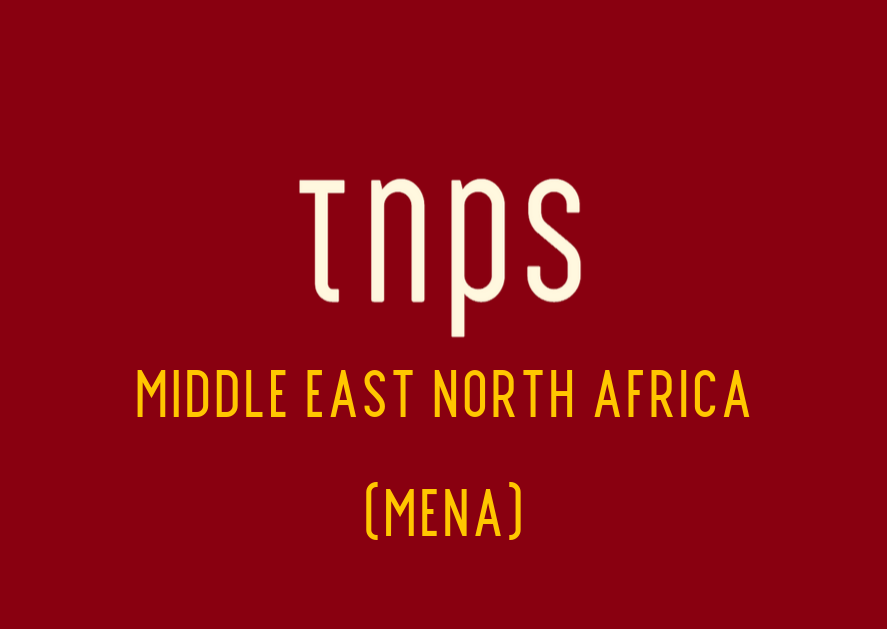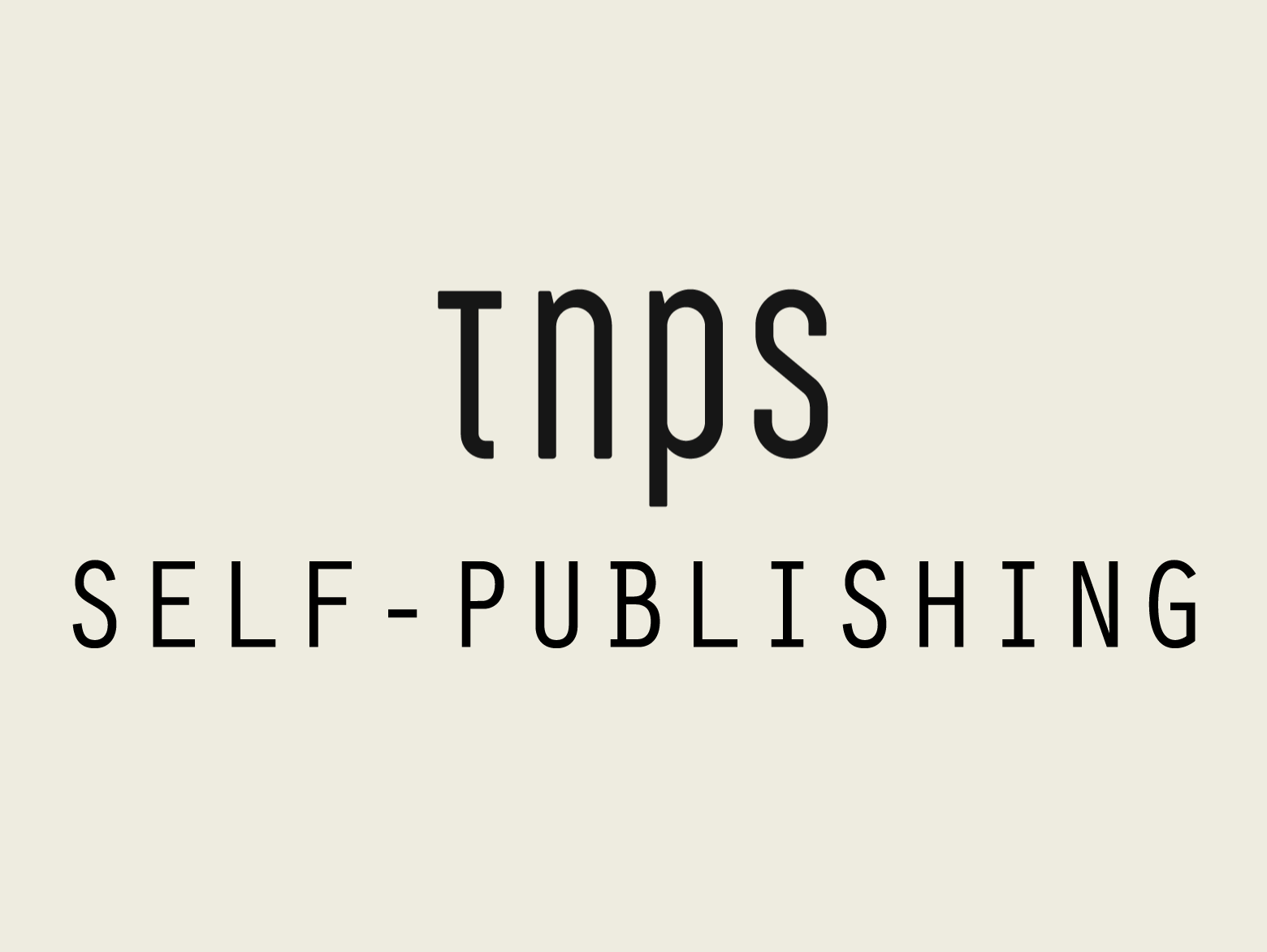Censorship is a difficult topic that arouses strong emotions, but of course all freedom of speech is relative.
From national security to Holocaust denial to incitement to hatred to advocating underage sex, almost every country censors at some level.
But some countries take such censorship to extremes. Kuwait is an example.
Kuwait has enjoyed a reputation for freedom of speech compared to many other Arab states, but said reputation has been tarnished with revelations that more than 4,750 books have been banned by the Kuwaiti government in the past few years.
A disturbing number, but we can take heart from the fact that protests against such censorship are happening in Kuwait, and further that reports of those protests are being allowed in the Kuwaiti press.
It seems the Kuwaiti government is more worried about novels than factual news.
From the Kuwait Times this week:
Around 80 activists gathered in Irada Square opposite the National Assembly yesterday to protest against the banning of books by the information ministry. This was the second gathering by the activists after they held a similar protest in front of the information ministry on Sept 1, 2018.
Protesters wore black blindfolds and held up placards expressing their opinions about what they think is an excessive banning of books.
Dr Fatima Al-Matar, a teacher at the Faculty of Law of Kuwait University, criticized the arbitrary resolutions of the information ministry to ban books. “We came today to say no to banning books and no to restricting free thinking and freedom. We will always protest against the arbitrariness of the ministry. We previously met the minister who gave us many promises including changing the censorship committee and amending the publications law, particularly articles 7 and 21, which deal with banning books. We demanded post-censorship instead of pre-censorship – the same way newspapers are treated, for instance.
Matar pinpointed inconsistencies in the way the ban is implemented.
One of the examples is banning a novel by Kuwaiti author Buthayna Al-Eisa (Kharayet Altayh) over fears that it will affect the relationship with Saudi Arabia, while this novel is sold in Saudi Arabia. Also, some books were banned merely over the image on the cover. Mermaid, a children’s book, was banned because the mermaid is wearing a bra. Another book was banned because it contains the word God, although Kuwait respects all religions.
Author Buthayna Al-Eisa reported her novel Kharayet Altayh (The Maps of Loss), published in Beirut, was banned in Kuwait two years ago and is still outlawed, although it’s sold in all other countries including Saudi Arabia.
Further Kuwait Times coverage here.





